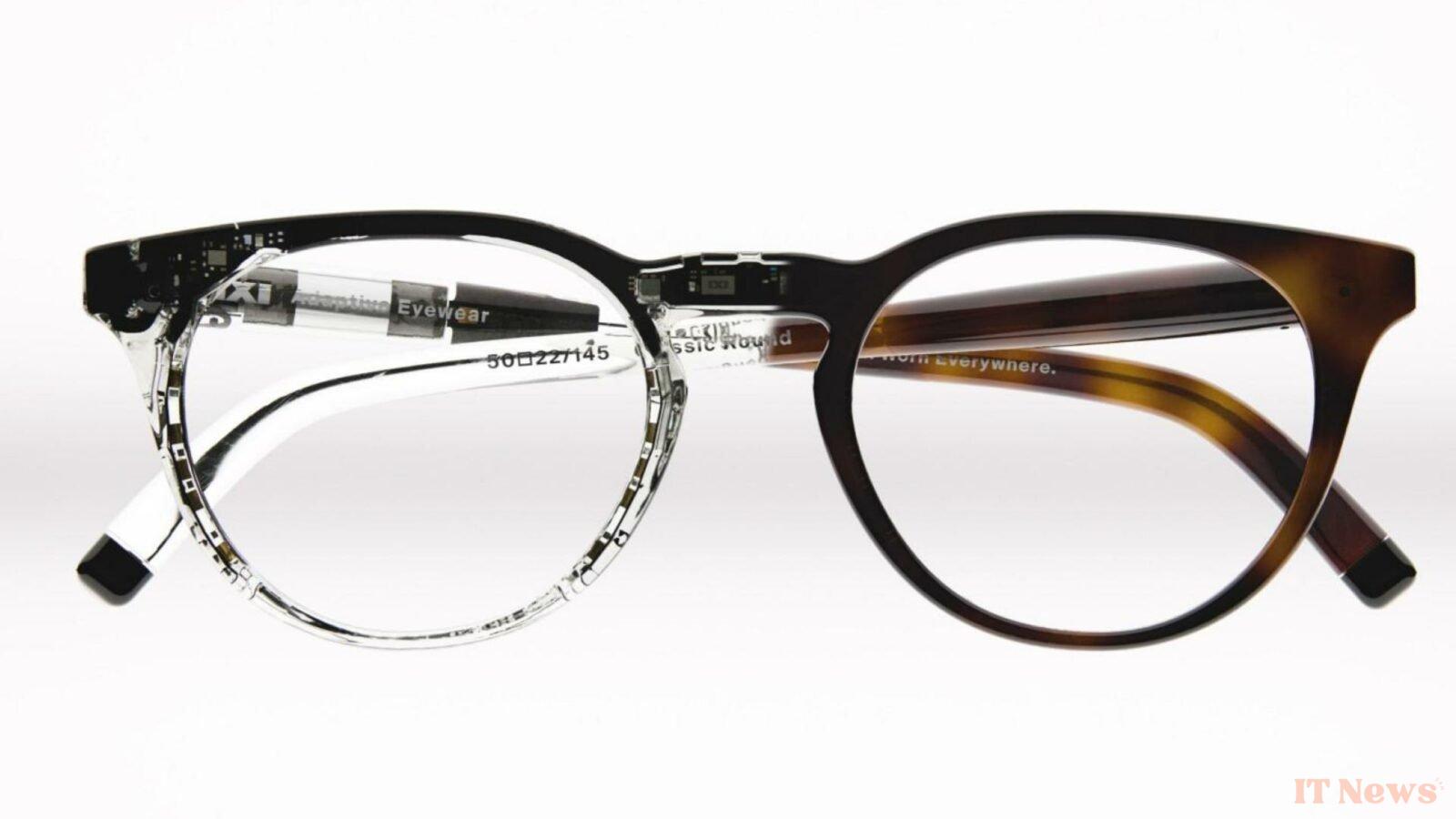High-tech glasses have been increasingly popular in recent years, as demonstrated by the example of Meta's "smart" Ray-Bans. But alongside these objects, which are primarily focused on entertainment and lifestyle, other companies are also working on less exuberant concepts with genuine practical appeal. This is the case of the Finnish startup IXI, which recently unveiled what it describes as the "world's first autofocus glasses."
The firm's initiative stems from a very pragmatic observation: by constantly viewing glasses solely as connected platforms, tech giants have completely abandoned their original function. “They see smart glasses as a new wearable platform for AI assistants or capturing images for your social media feed, but they don’t address the vision problem,” co-founder Niko Eiden explains in an interview with TheNextWeb.
After spending 15 years developing augmented reality technologies at Nokia, he founded his own company to fill this big gap. Its goal: to design glasses capable of adapting in real time to the user, allowing them to see clearly, regardless of the distance.
Dynamic lenses based on liquid crystals
To achieve this, IXI decided to do away with what is traditionally considered the essential element of a pair of glasses: glass lenses. Here, they are replaced by a film of liquid crystals trapped between two layers of transparent plastic.
A sensor located inside the frame begins by determining the distance at which the user is looking. An electric field is then applied to the liquid crystals to slightly modify their structure, and therefore the way in which they affect light transmission. The result is a dynamic lens that, functionally speaking, is closer to an organic eye than to a traditional lens.
The device is capable of changing its focal point in real time, with a latency of approximately 0.2 seconds. For reference, the human eye's accommodation time (the time it takes to focus on a different object) is typically 0.2 to 0.4 seconds.
Progressive Lenses 2.0
According to the company, this approach offers several practical advantages over progressive lenses. The latter also correct vision at different distances, but they also suffer from some limitations.
These include their relatively narrow viewing area and some sensitivity to head position and movement. These points can make them very uncomfortable for some users, who therefore prefer to alternate between different pairs of glasses rather than conventional lenses. IXI's glasses, on the other hand, offer "a full field of vision across the entire lens," according to TheNextWeb. This doesn't mean they're ready for commercialization. The research and development process is far from over, and the company will have to overcome several substantial technical hurdles to bring its product to fruition. The biggest of these is transparency: these liquid crystal lenses still can't achieve the same level of clarity as conventional glasses. This is obviously a big problem in practice.
But even if the challenge is considerable, the rewards are worth it. Indeed, the first company to successfully perfect this concept will have a bright future ahead of it. According to TheNextWeb, the optical market is already worth more than $200 billion worldwide. Furthermore, it is showing very significant growth of almost 10% per year, as human vision continues to deteriorate - particularly due to our increasing exposure to screens.
It will therefore be interesting to follow the progress of IXI and other companies exploring this technological niche, such as Laclarée, a French startup based in Villeurbanne. Who knows; perhaps in a few years, one of them will completely revolutionize this technology that is so important for nearly three billion humans.



0 Comments